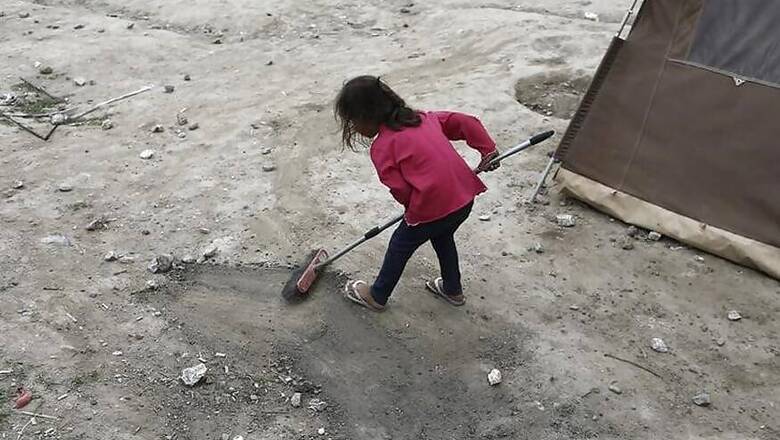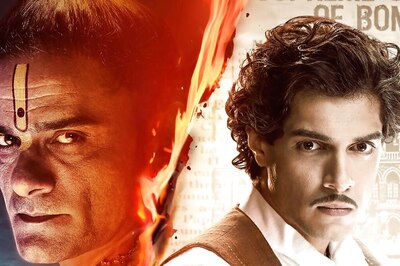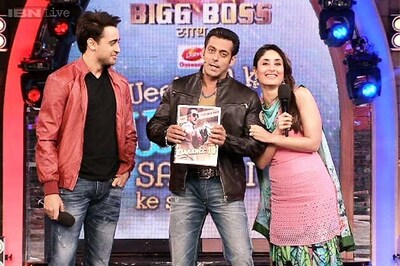
views
New Delhi: Justice Ranjan Gogoi, who is next in line to become the Chief Justice of India (CJI), has called the new Child Labour Act a “mirage”, pointing out that the 2016 law in fact allows child labour.
“The law was inadequate to begin with, now, it is inimical too," lamented the senior Supreme Court judge as he recently spoke at an event to inaugurate a new book by Nobel laureate and child rights activist Kailash Satyarthi.
A copy of the ten-page speech delivered by Justice Gogoi has been accessed by CNN-News18, wherein the judge raised serious questions over the laws and governance as regards to protecting children.
The judge cited the 2016 amendment to the Child Labour Act and minced no words in criticising its provision that allows child labour in “family or family enterprises”.
Justice Gogoi underlined that on one hand, the Right To Education Act seeks to provide free and compulsory education to all children between 6 and 14 years, but on the other, a modification in the Child Labour Act “formalises employment of children between 0 and 14 years in family enterprises.”
He wondered why the child labour law should not be considered a “disservice” to the objectives of the RTE Act, and added: "The 2016 amendment to the Child Labour Act, for example, is a mirage to say the least".
Justice Gogoi, in his speech, also regretted how the new law has slashed the list of hazardous occupations for children from 83 to include just three activities — mining, explosives, and occupations mentioned in the Factory Act.
Justice Gogoi said that “it will be difficult to say that the new law is keeping in pith of ILO Conventions 138 and 182 with respect to the prohibitions on child labour.”
International Labour Organization’s (ILO) Conventions 138 is regarding admission of age to employment and Convention 182 relates to worst forms of child labour. India has ratified the two core conventions last year.
Justice Gogoi further noted that there is a need to revisit what is perceived to be an “achievement” when numbers and figures are cited to take pride in the nation.
“In the strange race to the top, unfortunately, we have constricted its connotation and context to not wholly acceptable indicators. Besides, our evaluative standards are not all-inclusive. Value-based growth like social progress, equal opportunities of growth to all classes and holistic human development continue to be neglected, especially in developing world like ours where priorities are focused on being the brightest spot!” he said in his speech.
The judge then questioned: “What use are these roaring figures if their apparent success doesn’t translate into wellbeing of those who should be its doubtless and deserving beneficiaries. Can we really afford to be one-dimensional?”
The sooner we realise, the judge said, that not empty rhetoric and paper-tiger laws, but societal will, political will, both, are what it takes to eradicate child abuse, the better placed we will be.
“And until that happens, we must not stop fighting,” appealed Justice Gogoi as he inaugurated Satyarthi's new book 'Every Child Matters' in New Delhi.




















Comments
0 comment